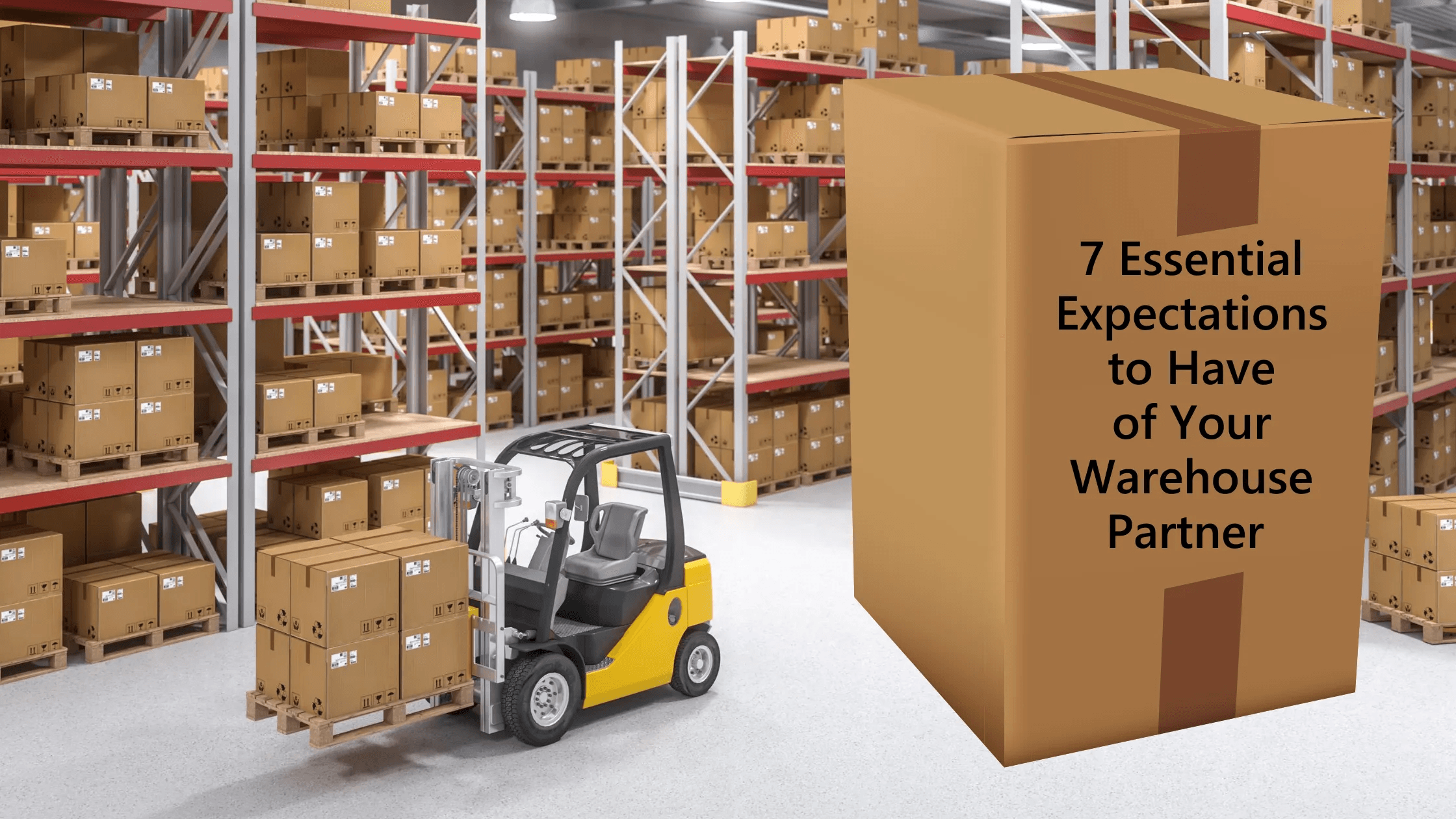

 Getting your products into customers’ hands is never as easy as it seems, and the logistics department of any shipper can attest to this. The reason is there are many different components of the supply chain that need managing, such as warehousing, inventory management, and transportation. Added to that are the many industry regulations, legal requirements, and potential uses of technology to be addressed as well.
Getting your products into customers’ hands is never as easy as it seems, and the logistics department of any shipper can attest to this. The reason is there are many different components of the supply chain that need managing, such as warehousing, inventory management, and transportation. Added to that are the many industry regulations, legal requirements, and potential uses of technology to be addressed as well.
As a result, outsourcing some of these functions to a third-party logistics provider, or 3PL, who has more experience and better resources has become a popular (if not necessary) choice for many shippers. This decision, however, carries a lot of weight — especially given the current state of the industry.
Having a quality logistics partner is more critical now than ever before due to the extreme supply chain disruptions COVID-19 has caused. Many companies who were allowed to remain open struggled with warehouse lockdowns, delivery delays, and border closures, among many other operations setbacks.
With the addition of these struggles, a lot of 3PLs were classified as essential businesses, and expectations surrounding their operations soared. The companies lucky enough to keep their operations running faced pressure to help fight against the pandemic by expediting deliveries and donating supplies.
The role a 3PL plays in helping shippers successfully complete their customer’s orders has become that much more vital for maintaining efficient shipping operations during this chaotic time. For this reason, here’s a list of what shippers should look for from any potential 3PL warehouse partners to help take the ongoing uncertainty head-on.
Even in “normal times,” shippers need optimal distribution processes that drive efficiency within their supply chain. With companies forced to do more with less and all the additional constraints on logistics operations in the current climate, this is harder than ever.
One thing that always holds true in shipping; a shorter distance to your customers makes delivery faster and cheaper. It can also help companies potentially operate with less lead time and inventory levels. Working with 3PLs who have access to a more expansive warehouse network, in the right places, will put you closer to your customers. The result is a faster and more flexible delivery network that increases your ability to deliver products quicker and for less cost.
The right technology can also help reduce logistics costs and improve your service to customers, so it’s essential to question potential 3PL partners about their technology. Common 3PL technologies include inventory management systems (IMS), warehouse management systems (WMS), and order management systems (OMS).
All of these technologies provide specific advantages to you as their customer. Your 3PLs technology will translate to improvements such as better pick accuracy, real-time inventory reporting, and faster order fulfillment. You can also benefit from actionable data and analytics that enable improvements throughout your supply chain. Also important is the ability of your 3PL’s system to freely exchange data with your own, so ensuring data-interoperability is another top priority.
It’s important to work with 3PLs who know your industry and understand the unique requirements that come with it. This starts with knowledge of how your products need to be stored and handled within a warehouse and ends with how to package and deliver orders safely and on time.
Ensuring your 3PL warehouse maintains the right environment can matter, too. Ambient temperature, humidity levels, cleanliness, dust, odors from other items in the facility, and many other factors can impact your product. Not all warehouses are the same, so make sure your 3PL knows what you need, and is adequately prepared to take the right care of your products.
Be sure that your logistics partners can help your growth — not hinder it. A core advantage of working with a 3PL is its ability to help you manage the variability of your order volumes, and smooth out a lot of the fixed costs that go into managing warehousing and fulfillment operations in-house.
You don’t want to choose a 3PL who can’t handle the expansion of your business, so make sure any third-party you consider has the proper labor and warehouse space needed to keep your company running at optimal levels, and with room for growth.
You need to be able to trust your 3PL is taking the proper safety measures and properly training the people handing you products. Often, the employees fulfilling and packing orders at the warehouse are responsible for the first impression your customers will get of your product (and company).
Orders that show up to customers incorrectly or sloppily packaged reflect on your company and brand. You also want to ensure your 3PL partners are protecting the employees working on your product. Everyone within their company should be complying with the necessary protocols that aim to keep them safe on the job.
Like it is for all companies to a large extent, providing 3PL warehousing and fulfillment is a service business. You need to evaluate a potential 3PL partner on if it seems capable of forming a strong, lasting relationship with your company. Evaluating a 3PL is not only about price or how good the warehouse looks, but it’s also as much about interviewing the people and processes who your team (and potentially your customers) will interact with.
Feeling good about the support and level of communication you’ll get from a 3PL is hard to quantify but still very important in your evaluation of it as a provider. Here, checking references from other customers and talking to the people who’ll be supporting your business is a necessary step.
Pricing matters and has to be one of your first considerations, but it’s last on this list for a reason. It’s easy to get too focused on the lowest price when it comes to deciding on a 3PL. There are a lot of hard and soft costs that come with every 3PL partnership.
The most critical thing shippers should be sure of is pricing that’s transparent and allows a real apples-to-apples comparison with other providers. Also, do not ignore the details. Storage and pick rates may be the most common costs, but be wary of the rates for other billables like handling returns, cost of packing materials, and other specialized services.
The disruption caused by COVID-19 has revealed critical weaknesses in a lot of company’s logistics operations and highlighted how working with a 3PL can provide short- and long-term benefits to a shipper. But even beyond this crisis, it’s important to select a 3PL you can count on to keep your customers happy and maintain a positive reputation for your brand.
Before making a final decision, understanding and considering the additional soft costs of working with the wrong 3PL shouldn’t be overlooked – so do not make the mistake of choosing a partner based only on rates. For many companies, outsourcing warehousing and other logistics functions enable you to focus on what you do best.